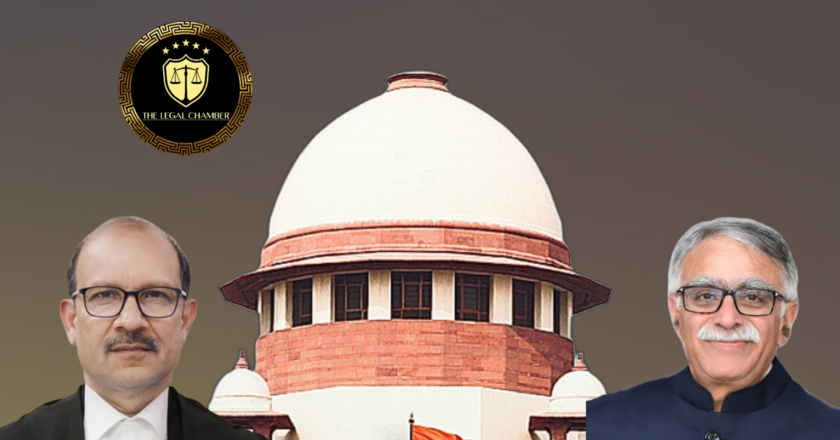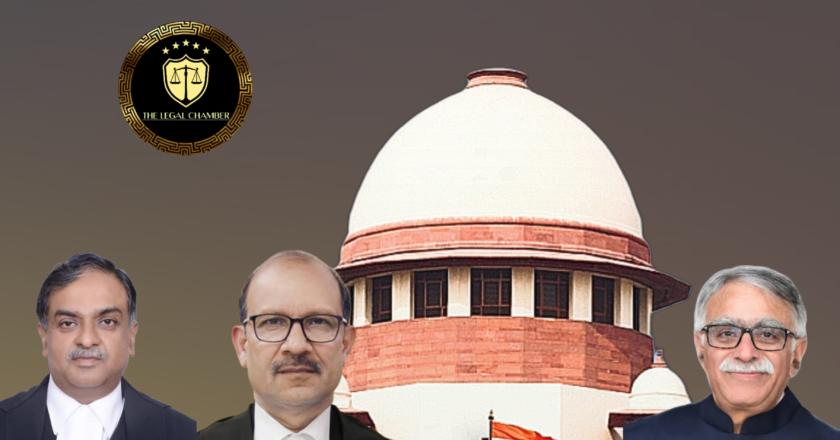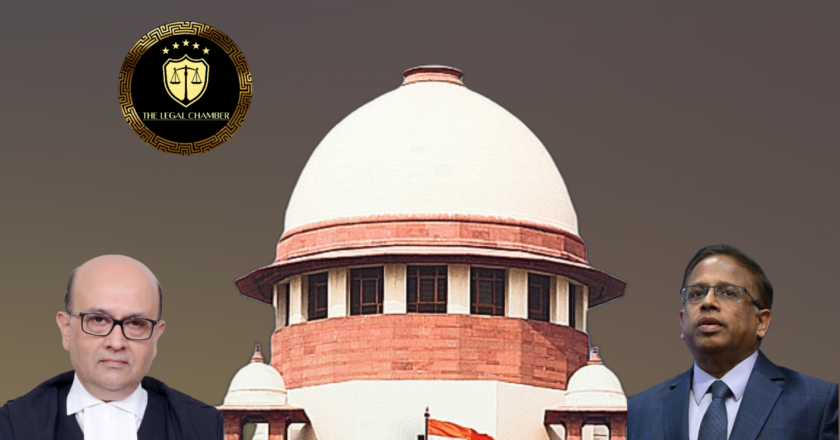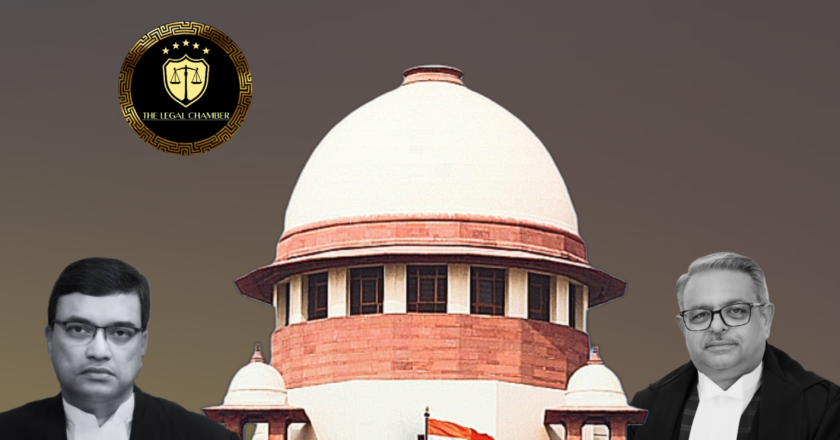Landmark Ruling: Supreme Court Bars Prosecution of Company Directors Without Suing the Company First
The Supreme Court quashed the criminal defamation proceedings against the bank officials. It held that for offences under the Indian Penal Code, there is no concept of vicarious liability. Prosecuting officers without arraigning the company as an accused and without specific allegations of their culpable role is impermissible and an abuse of process.
Facts Of The Case:
The case originated from a loan default by Phoenix India, which had secured credit facilities from the Bank of Baroda. After the firm's account was classified as a non-performing asset, the Bank initiated recovery under the SARFAESI Act. A critical error occurred when the Bank issued a symbolic possession notice under Section 13(4) of the Act, which inadvertently quoted the outstanding dues as approximately Rs. 56.15 cro...



